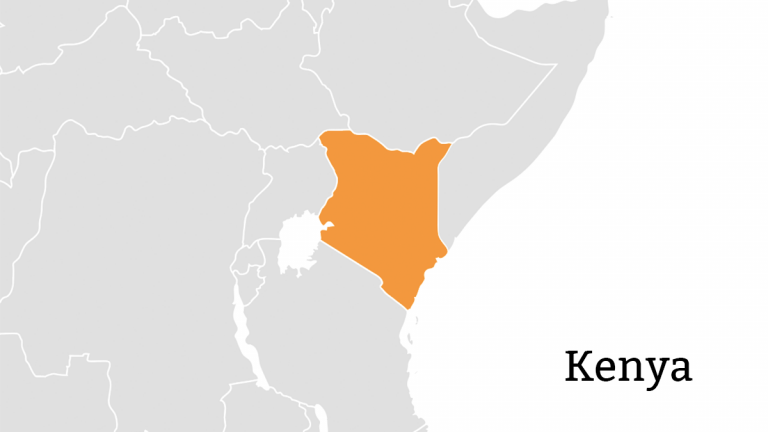
Kenya has developed one of the fastest growing smartphone adoption rates in sub-Saharan Africa by addressing affordability challenges through the implementation of financing schemes designed to accelerate mobile adoption for low income consumers.

With the arrival of a new fibre optic submarine cable in the South Pacific, the Cook Islands government enacted a new policy to open the telecommunications market to competition.
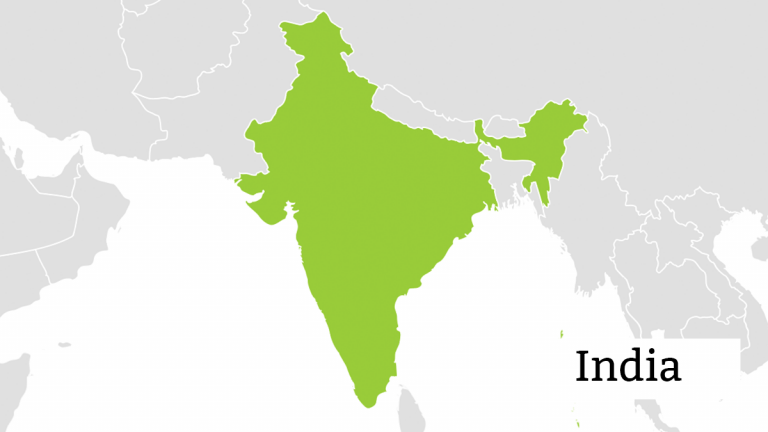
India’s top three telecom companies implemented peer-to-peer recharge schemes to alleviate some of the negative impacts of mobile recharge shop closures during the COVID-19 lockdown and to diversify payment options overall.
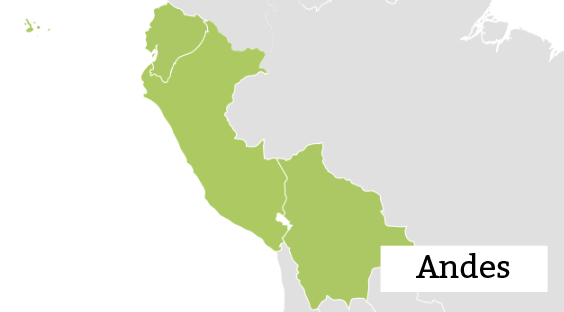
To ensure that consumers remain connected during the COVID-19 crisis, three Andean countries, Bolivia, Ecuador, and Peru, implemented strategies at the national level to help guarantee the continuity of voice and data provision for mobile and fixed-lines.
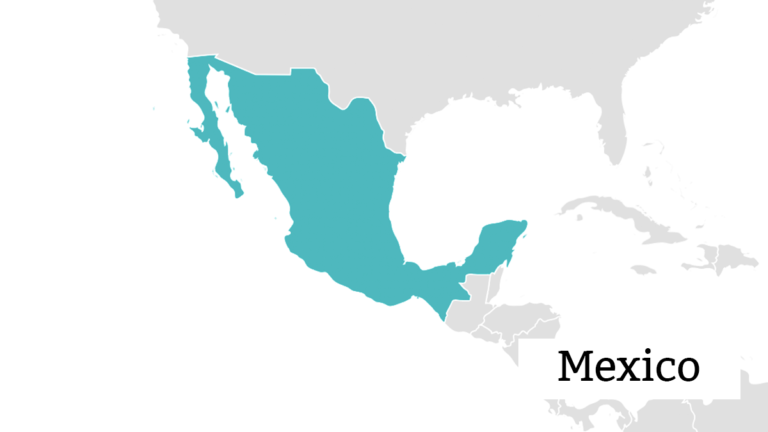
Mexico’s telecommunications regulator and providers implemented strategies that guaranteed access to data and voice services during the pandemic. Under the slogan “Telecoms are on your side against coronavirus”, these strategies offered more affordable telephony services nationwide on a temporary basis.
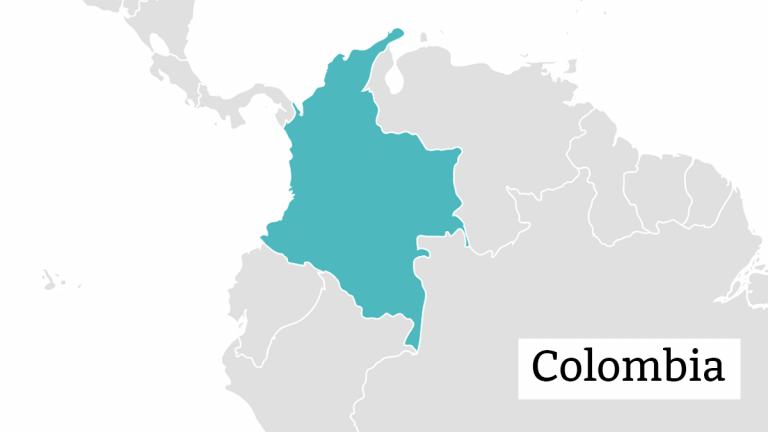
Colombia implemented a temporary fiscal policy to increase the affordability of mobile services during the pandemic. This measure inspired a legislative initiative to make mobile voice and data services VAT-exempt on a permanent basis.
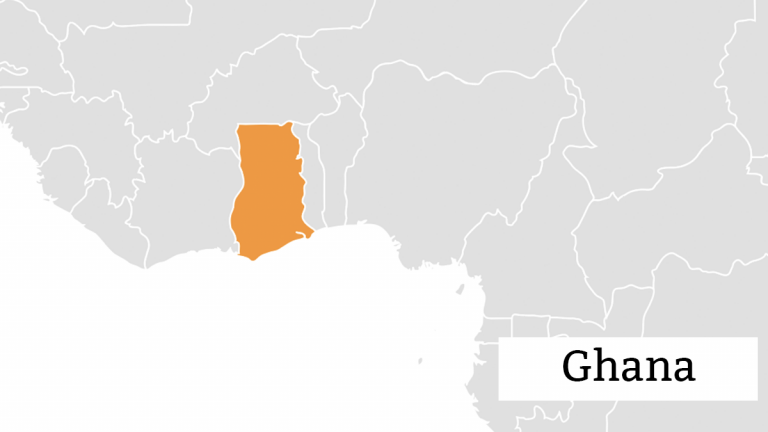
Ghana’s government undertakes swift policy action to offer more spectrum over the pandemic and improve network performance.
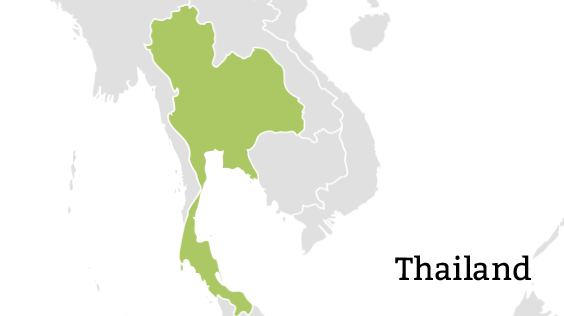
Thailand’s telecommunications regulator, in cooperation with network operators, provides 10GB of data for free to mobile users as a way to encourage people to stay at home during the COVID-19 state of emergency directive.
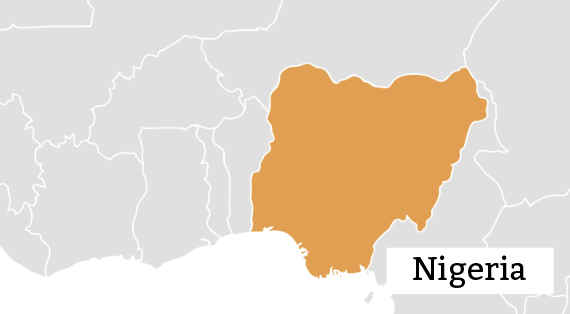
Some Nigerian state governments reduce or remove Right of Way fees in order to stimulate broadband infrastructure development.
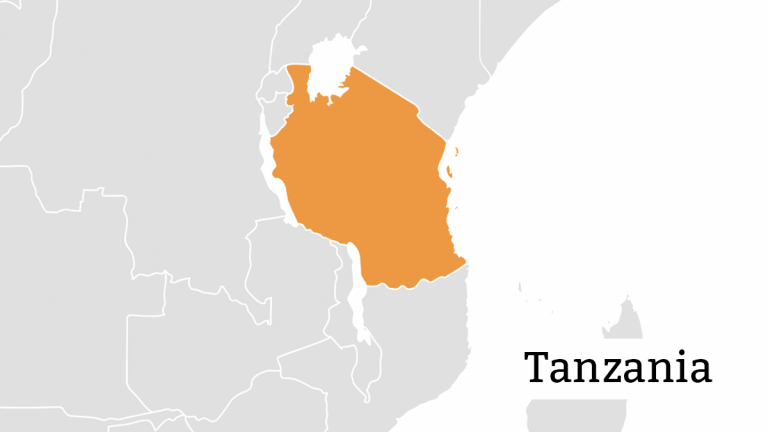
Tanzania is undergoing strategic policy reform to encourage competition and innovation and to guide infrastructure sharing in order to expand connectivity to rural areas.
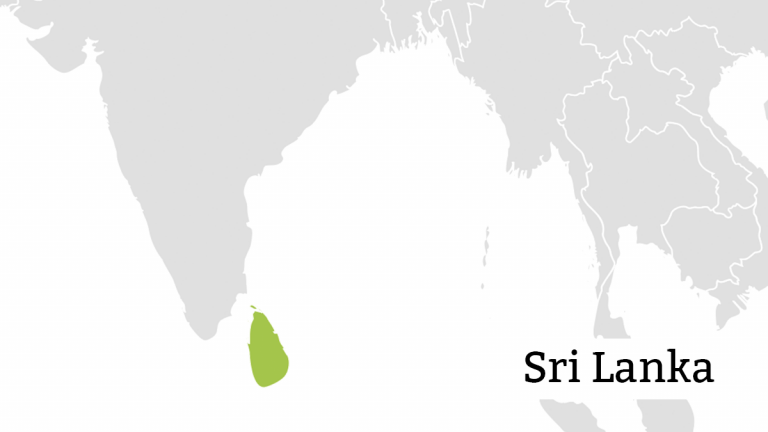
Sri Lanka’s proactive regulatory approach to defining and monitoring the quality of services provided by telecom operators helps protect consumers, drive down costs, and maintain healthy competition in the telecommunications market.
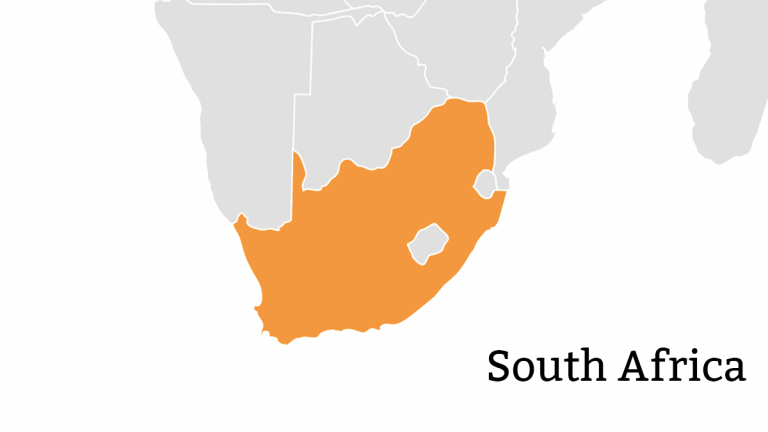
Despite a well-developed telecommunications infrastructure, cost barriers have prevented people in South Africa from accessing the mobile web. The government recently took decisive action to address this by requiring the dominant mobile network operators to reduce their data rates.












